European Court: Criticism of governments should not attract criminal charges
The European Court of Human Rights has ruled that Alpay and Altan’s “right to liberty and security and right to freedom of expression” have been violated. It criticised non-compliance with the Constitutional Court’s decisions.
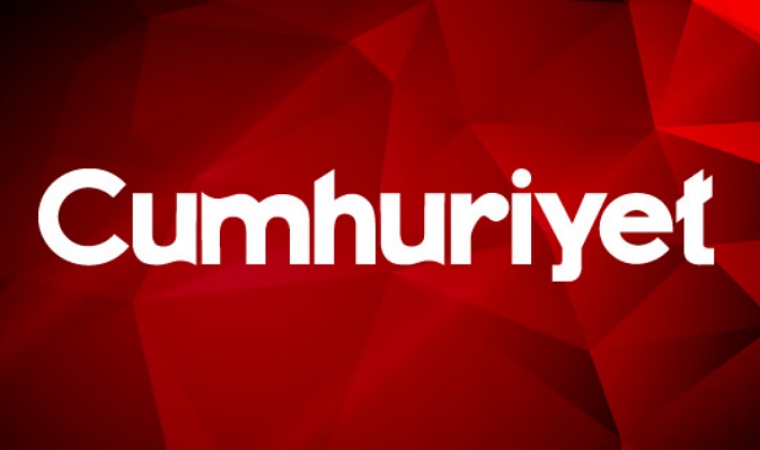
 The European Court of Human Rights has delivered its most eagerly awaited ruling on Turkey, which following 15 July has broken world records with the number of its detained journalists. In the application made by Mehmet Altan and Şahin Alpay over their pretrial detention, the ECtHR has held that their rights to “liberty and security” and “freedom of expression” had been violated. The court stated with reference to Alpay and Altan, who were not released despite a Constitutional Court ruling, that detention without judgment had to be exceptional and stressed that otherwise national courts’ rulings could not be accepted. The ECtHR’s rulings came too late for Alpay, who has very recently been released in anticipation of these violation rulings. As to Altan, the ECtHR, while noting that there was no compelling evidence relating to him, pointed to his having been sentenced by the court and did not call for his release. With Altan expected to reapply to the ECtHR following his conviction, the court found that the derogations that Turkey made to the European Convention on Human Rights following its declaration of a state of emergency did not justify detention; it did not discuss the legality of the declaration of the state of emergency. The ECtHR, in its examination with reference to the Constitutional Court, cited to the court’s rulings and found the first-instance courts’ failure to comply with the ruling to be unlawful and contrary to the fundamental principles of the supremacy of the law. Pursuant to the ECtHR ruling, Alpay and Altan will each be paid damages of 21,500 euro.
The European Court of Human Rights has delivered its most eagerly awaited ruling on Turkey, which following 15 July has broken world records with the number of its detained journalists. In the application made by Mehmet Altan and Şahin Alpay over their pretrial detention, the ECtHR has held that their rights to “liberty and security” and “freedom of expression” had been violated. The court stated with reference to Alpay and Altan, who were not released despite a Constitutional Court ruling, that detention without judgment had to be exceptional and stressed that otherwise national courts’ rulings could not be accepted. The ECtHR’s rulings came too late for Alpay, who has very recently been released in anticipation of these violation rulings. As to Altan, the ECtHR, while noting that there was no compelling evidence relating to him, pointed to his having been sentenced by the court and did not call for his release. With Altan expected to reapply to the ECtHR following his conviction, the court found that the derogations that Turkey made to the European Convention on Human Rights following its declaration of a state of emergency did not justify detention; it did not discuss the legality of the declaration of the state of emergency. The ECtHR, in its examination with reference to the Constitutional Court, cited to the court’s rulings and found the first-instance courts’ failure to comply with the ruling to be unlawful and contrary to the fundamental principles of the supremacy of the law. Pursuant to the ECtHR ruling, Alpay and Altan will each be paid damages of 21,500 euro.
Altan has no FETO ties
In the ruling, in which it is stated that the Turkish authorities had been unable to demonstrate any factual basis connecting Altan to FETO/PYD and the coup attempt, it was also stated that Alpay had no FETO/PYD ties. Referring to the Constitutional Court’s declaration that there was no “strong evidence” for the charges, the ruling stated that Altan and Alpay’s deprivation of liberty was disproportionate and ruled that the right to liberty and security had been violated.
Constitutional Court ruling is binding
With the ECtHR deeming unacceptable the non-implementation on non-jurisdiction grounds by Istanbul Serious Crime Courts No 13, 26 and 27 of the release order that the Constitutional Court passed on the two, it noted that this practice diverged from the government’s previous submissions to the ECtHR. The non-compliance by the first-instance courts with the ruling was considered by the ECtHR to amount to a violation of the right to liberty and security. It was stated that Altan’s continued detention following the Constitutional Court ruling could not be regarded as lawful and in accordance with procedure. As to Turkey’s objections that it had declared a state of emergency and complied with its international obligations, the ECtHR did not discuss the way it had been declared and the derogations that had been made. In the ruling in which it was stressed that the Constitutional Court had concluded in its examination adjudicating on the state of emergency that the coup attempt posed a threat to the life of the nation, the ECtHR criticised Turkey over its obligations in relation to derogations from its obligations under the Convention under states of emergency and restrictions on limitations it imposes on rights as a contracting state to the Convention. The court said with regard to the measures that Turkey has taken in relation to the state of emergency that a measure of pre-trial detention that is not “lawful” and has not been effected “in accordance with a procedure prescribed by law” on account of the lack of reasonable suspicion cannot be said to have been strictly required by the exigencies of the situation.
Serious doubt over individual application
The ECtHR, noting that the continuation of detention despite the Constitutional Court’s ruling ordering release and the non-compliance by the first-instance courts with the ruling raised serious doubts as to the effectiveness of the remedy of individual application to the Constitutional Court, indicated that it reserved the right to examine the effectiveness of the system of individual applications. The ruling on the Alpay and Altan cases has the potential to serve as a precedent for journalists in a similar situation. It has been stated in ECtHR rulings that the onus is on the Turkish government to demonstrate the existence of an effective remedy in theory and practice. As to Alpay and Altan’s claim regarding the lack of speedy judicial disposition of the remedy of individual application, with the ECtHR noting that the period of sixteen months and three days that elapsed until the ruling was not “speedy”, it argued that the context was extraordinary and there had thus been no violation.
Detention disproportionate
The ECtHR, recalling that the Constitutional Court had in its 11 January ruling described continued pretrial detention without a final judicial decision to be an interference with freedom of expression, said “it could see no reason to reach a different conclusion.” The ECtHR, adding the view with reference to Altan and Alpay’s pretrial detention that this was not “a necessary and proportionate interference in a democratic society,” pointed out that there was no concrete evidence for their detention apart from their articles and statements and said this “could have a chilling effect on freedom of expression and of the press.” It was said in the ruling, in which the difficulties that Turkey experienced in the aftermath of the coup attempt were noted, “The Court considers that one of the principal characteristics of democracy is the possibility it offers of resolving problems through public debate... Democracy thrives on freedom of expression. In this context, the existence of a ‘public emergency threatening the life of the nation’ must not serve as a pretext for limiting freedom of political debate, which is at the very core of the concept of a democratic society.” The court stated that even in a state of emergency - noting the Constitutional Court’s characterisation of this as a legal regime whose aim is to restore the normal regime by guaranteeing fundamental rights – “must bear in mind that any measures taken should seek to protect the democratic order from the threats to it, and every effort must be made to safeguard the values of a democratic society, such as pluralism, tolerance and broadmindedness.”
Should not attract criminal charges
With the right to freedom of expressions said to have been violated in the ruling, the following points were made with reference to the first-instance courts, “The Court considers that criticism of governments and publication of information regarded by a country’s leaders as endangering national interests should not attract criminal charges for particularly serious offences such as belonging to or assisting a terrorist organisation, attempting to overthrow the government or the constitutional order or disseminating terrorist propaganda. Moreover, even where such serious charges have been brought, pre-trial detention should only be used as an exceptional measure of last resort when all other measures have proved incapable of fully guaranteeing the proper conduct of proceedings. Should this not be the case, the national courts’ interpretation cannot be regarded as acceptable. The Court further notes that the pre-trial detention of anyone expressing critical views produces a range of adverse effects, both for the detainees themselves and for society as a whole, since the imposition of a measure entailing deprivation of liberty, as in the present case, will inevitably have a chilling effect on freedom of expression by intimidating civil society and silencing dissenting voices... The Court further notes that a chilling effect of this kind may be produced even when the detainee is subsequently acquitted.”
http://www.cumhuriyet.com.tr/haber/dunya/945952/AiHM__Lider_suc_uretemez.html

En Çok Okunan Haberler
-
 Avrasya tüneli trafiğe kapatıldı!
Avrasya tüneli trafiğe kapatıldı!
-
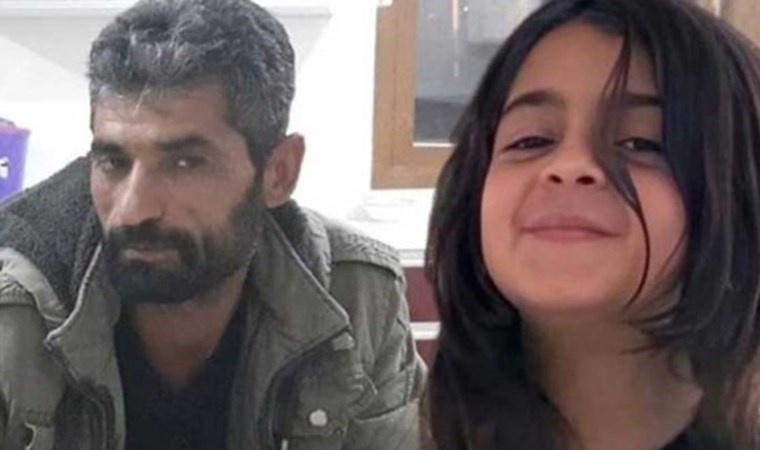 İtirafçı Nevzat Bahtiyar'dan sürpriz hamle geldi
İtirafçı Nevzat Bahtiyar'dan sürpriz hamle geldi
-
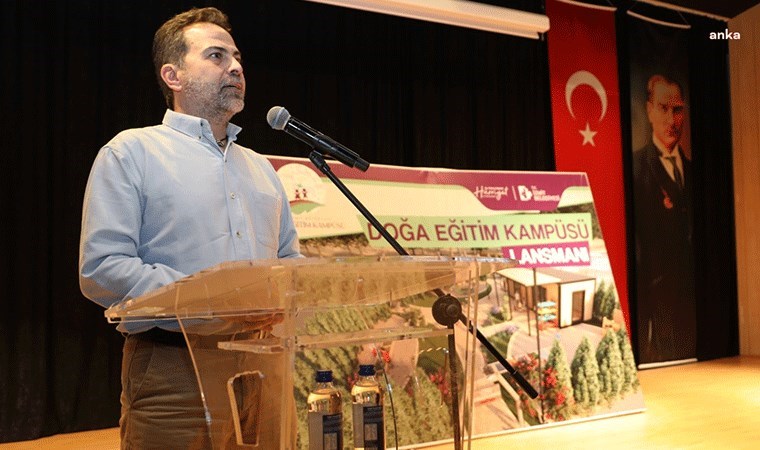 Nasuh Mahruki'nin tutuklanma gerekçesi belli oldu!
Nasuh Mahruki'nin tutuklanma gerekçesi belli oldu!
-
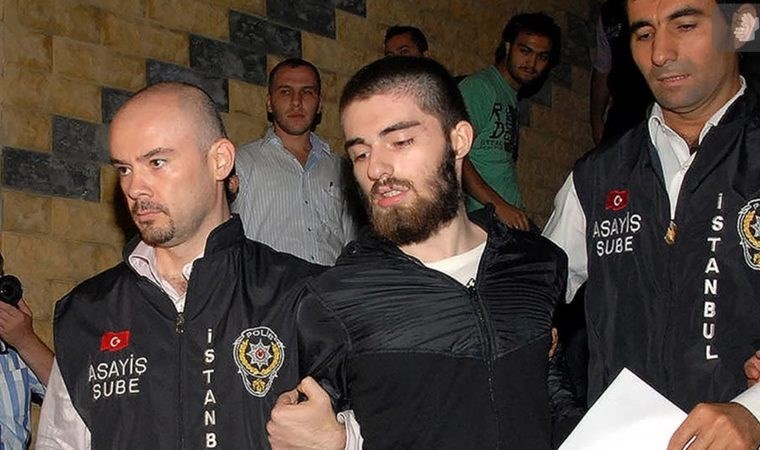 Cem Garipoğlu soruşturmasında karar!
Cem Garipoğlu soruşturmasında karar!
-
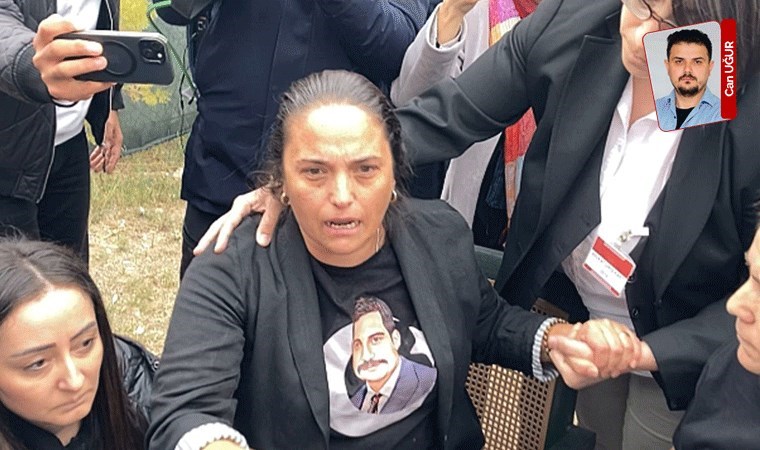 Elektronik kelepçeyi kırıp cinayet işledi
Elektronik kelepçeyi kırıp cinayet işledi
-
 Beşiktaş'tan Talisca açıklaması: 'Karar verilmiştir'
Beşiktaş'tan Talisca açıklaması: 'Karar verilmiştir'
-
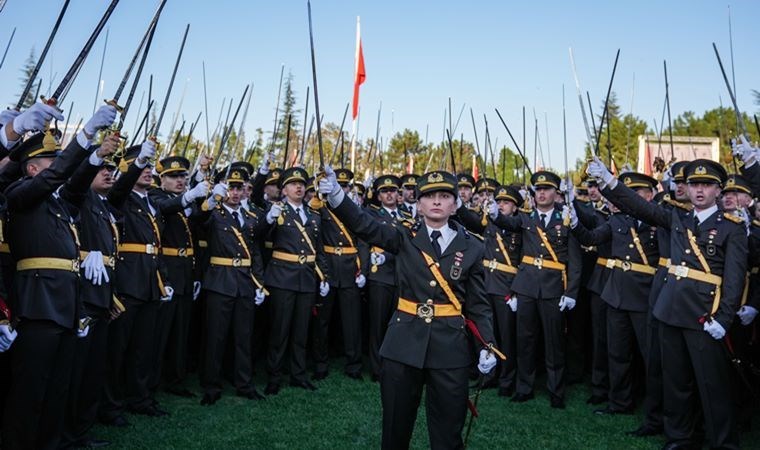 MSB açıklamasında 'Erdoğan' ayrıntısı
MSB açıklamasında 'Erdoğan' ayrıntısı
-
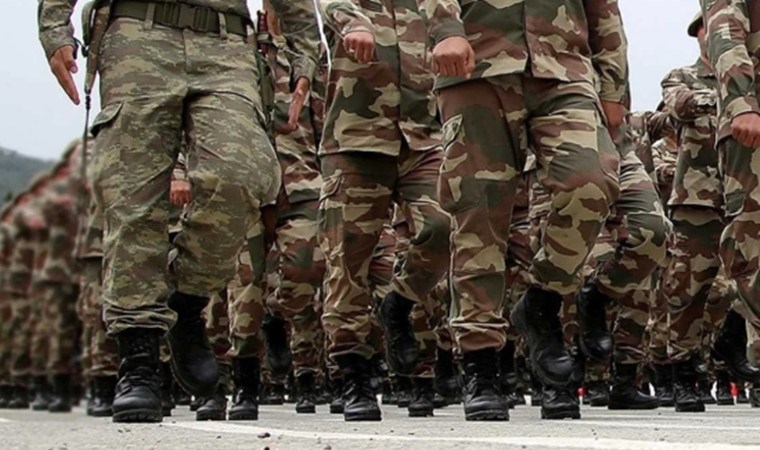 Albaya verilen ceza belli oldu!
Albaya verilen ceza belli oldu!
-
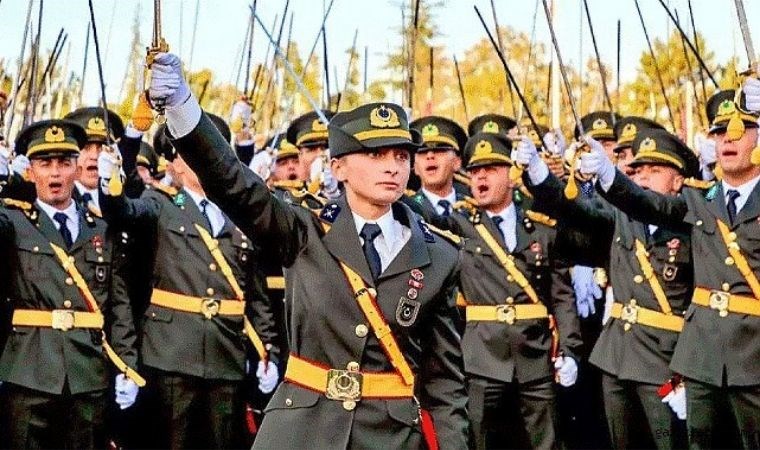 Teğmenlerin avukatlarından açıklama geldi!
Teğmenlerin avukatlarından açıklama geldi!
-
 Kaynanasını hiçbir zaman sevemeyen 4 kadın burcu
Kaynanasını hiçbir zaman sevemeyen 4 kadın burcu